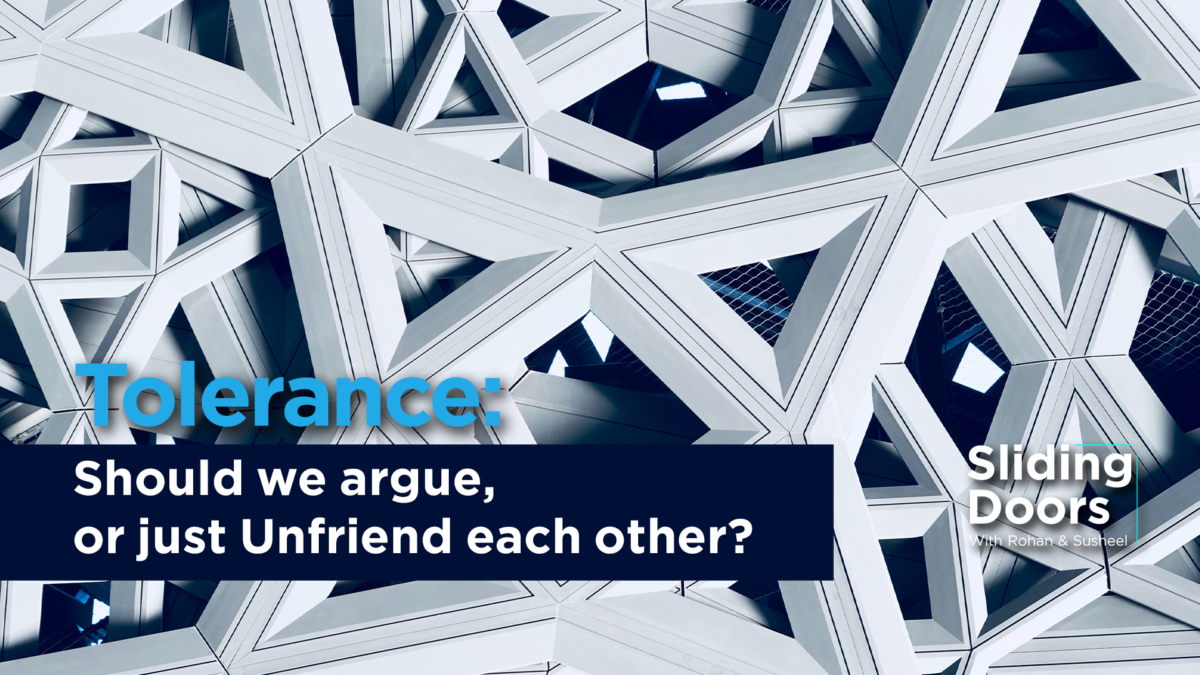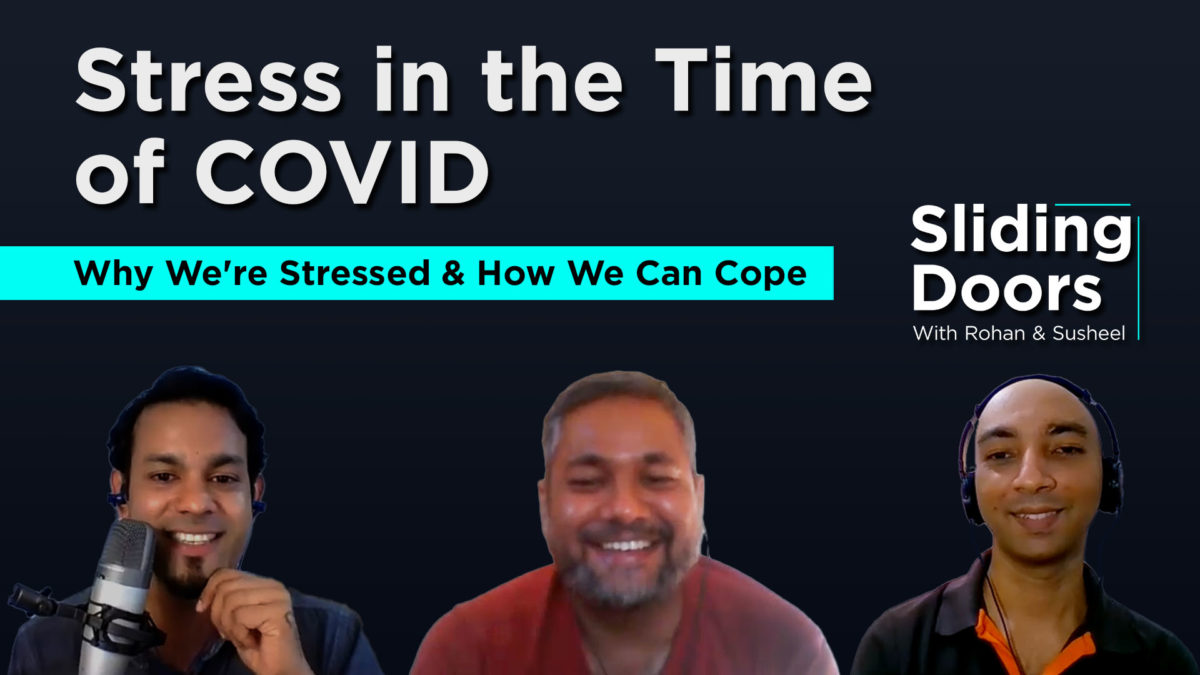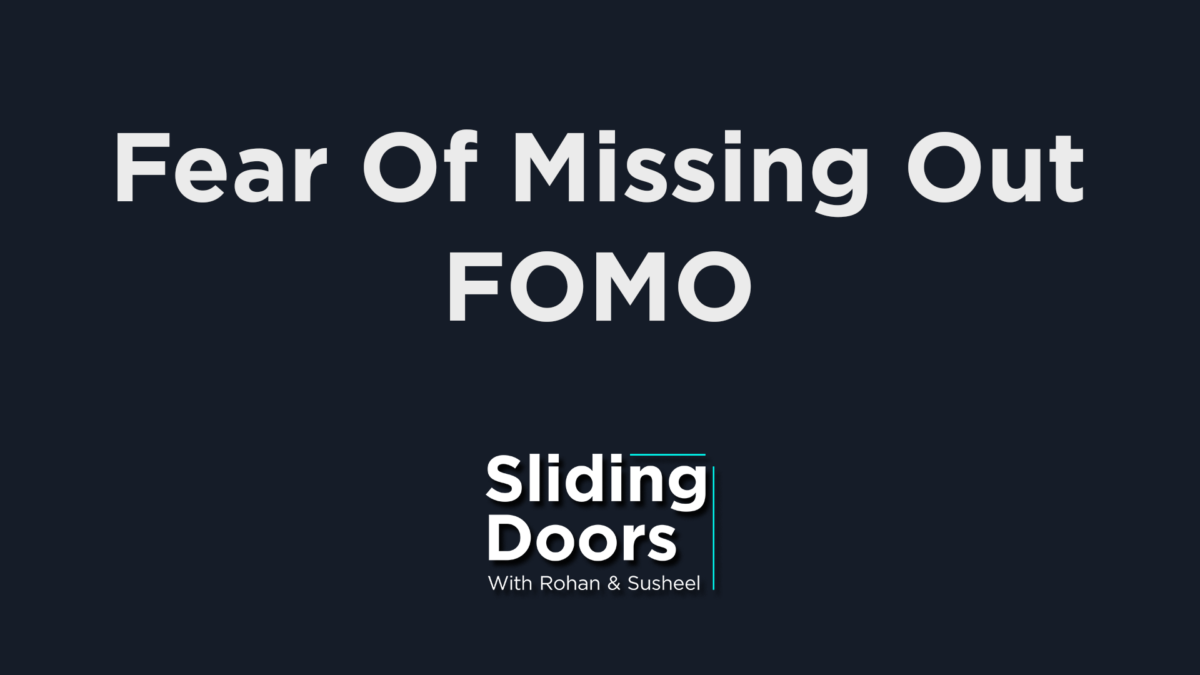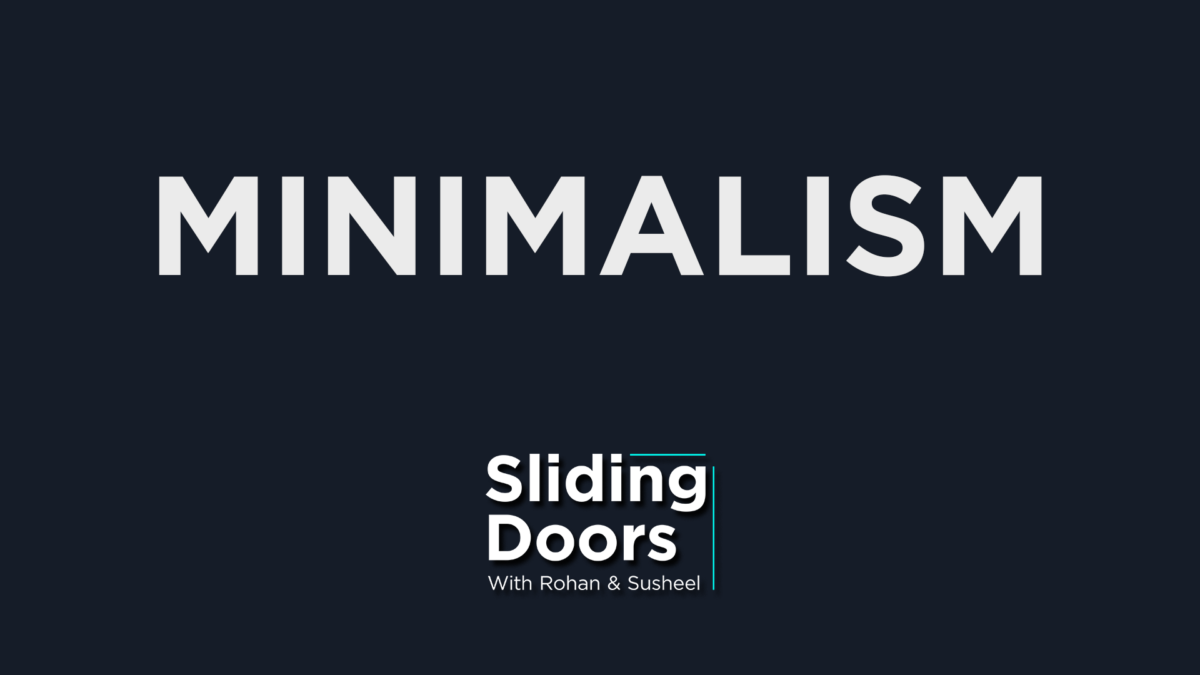In a world of sound bites, long-form conversations are a lost art. So, join us (Susheel Chandradhas and Rohan Tharyan) as we engage with each other and our guests, giving ideas and insights the time they need to unfold gracefully. These ‘sliding doors’ of opportunity — where real conversations happen — are rare and need […]
Imagine a life where you own only what brings you joy. That’s minimalism for you! It’s not just a trend; it’s a lifestyle revolution that’s sweeping across the globe. Minimalism can transform how you live, work, and even play. You’re about to uncover the secrets to embracing simplicity and why it’s more than just a […]
Keeping a Podcast Running
Hey! Susheel here… This is an update blog post, not one that has much content, but more like a ‘what’s happening’ update. It’s not easy to keep a podcast running. It takes a lot of planning, effort, commitment, and enthusiasm from everyone involved. Over the one year or so that we published podcast episodes, we […]
The Rent Vs Buy Real Estate Dilemma
There comes a time in the life of every earning individual, when they consider whether they should buy a property to live in. The choice is not as easy as it seems. On one hand, we have the ability to rent a house for significantly less – the difference can be invested for large life-goals, […]

Growing up in the 80s in India was quite the experience. You had just 2 TV channels, would rent VCRs to watch movies on VHS tapes, and absorb every bit of entertainment because there was (relatively) so little of it available. Then satellite TV came, you grew up, and decades later revisited those childhood shows, […]

We live in an increasingly polarized world where facts and opinions get tangled up with emotions and identity. How do we navigate all this? Should we be fighting for our beliefs? Or is it smarter to just ‘unfriend’ people and move on? In this episode, Susheel and Rohan explore what ‘tolerance’ looks like (or perhaps […]

The pandemic is stripping us of many of our coping strategies for stress. We’re in lockdown, we’re getting crazier deadlines, and there’s a virus spreading in our community. But do we need to be spiralling out of control? In this episode, Susheel and Rohan explore these issues and then invite neuropsychologist Anirudh George to share his take on them.

The COVID-19 lockdown has us swinging between paralyzing anxiety and a gnawing feeling that we should be ‘doing more’ with our newly gifted time at home. But what exactly are we afraid we’re missing out on? And will we really be happier once we find it? 00:00 – Opening question: How do you make […]

Is minimalism just about getting rid of stuff? And if you want to be a minimalist, are you allowed only 1 spoon, 1 bowl and 2 t-shirts? In this episode, we debunk some of these mainstream myths, explore what minimalism could be about instead, and offer some real-world examples of how it can change your […]
“Why has Sweden’s response to COVID-19 been so much less restrictive than the rest of the world’s? Has their strategy worked? And, should India act similarly?” In this episode, Dr. Prathap Tharyan returns to answer these questions posed by a friend of the show. And he unpacks the issues involved in his trademark systematic, comprehensive, […]
